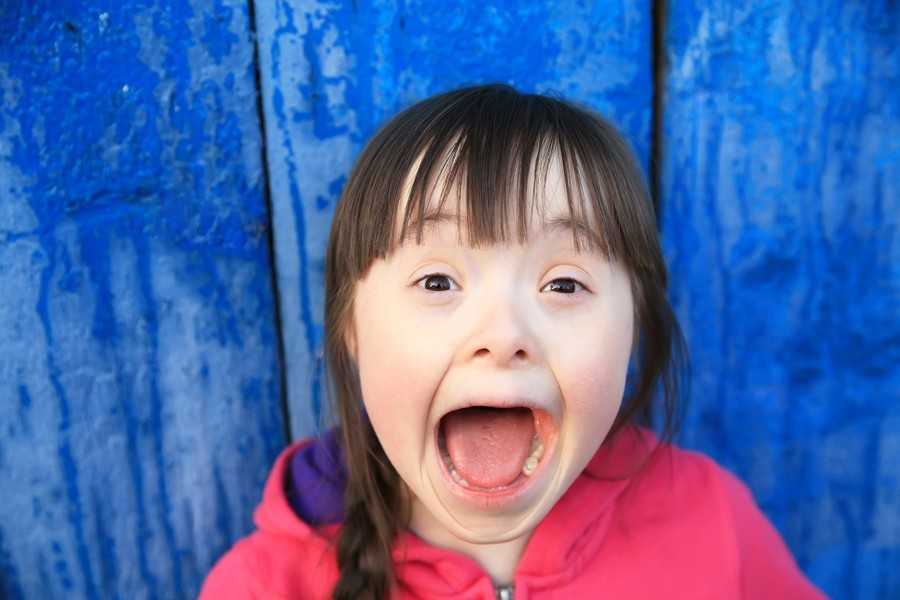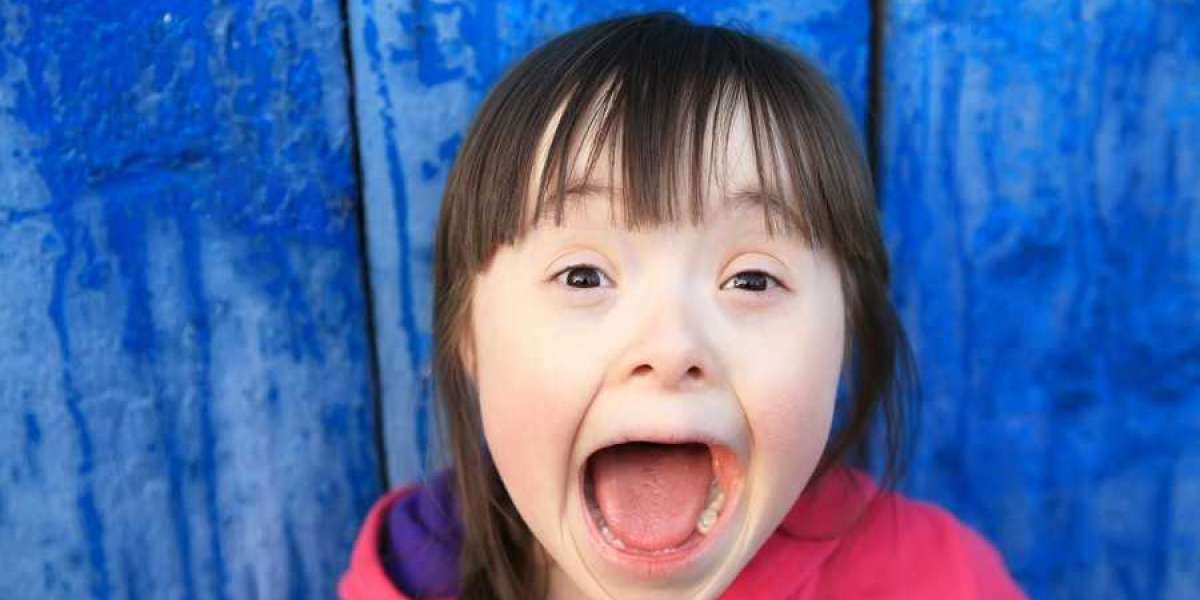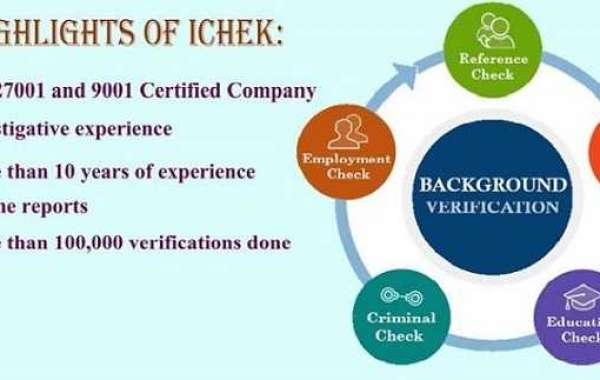Autism in Children
Autism is a complex series of neurobiological and developmental disorders that most typically appears during the first 2 years of life. The diagnosis is made based on at least 6 out of 12 symptoms in three categories therefore it is known as autism spectrum disorder. Parenting and caring the kids with autism involves a lot of patience, knowledge and skills. The fundamental features of autism that represent the diagnosis are, social impairment, verbal or nonverbal impairment, and repetitive patterns of behavior. In majority of the cases, autism is a lifelong disorder with underlying difficulties in the interaction of the victim with his/ her society. Male children have 5 times more than that of female children in terms of rate of incidence. In approximately 75% of people suffering from autism, there is a clear evidence of cognitively handicapped state. Autism is seen in approximately 60 to 70 among every 10,000 live births.

What are Autism Spectrum Disorders?
According to the traditional diagnostic criteria, a series of disorders were once thought to be separate conditions. Modern diagnosis has clubbed all of them together and coined the term spectrum disorders. There are 4 common disorders that includes Asperger`s syndrome, Autistic disorder, Childhood disintegrative disorder and Pervasive developmental disorder. Asperger`s syndrome, is one of the disorder where children tend to have normal or above the average level of intelligence, but they manifest with social problems. Autistic disorder is not actually the autism as most people think of , but it refers to those problems associated with poor social interactions, communication, and deprived play in children younger than 3 years. Childhood disintegrative disorder is a typical development disorder seen in age less than 2 years where children tend to lose some or most of their communication and social skills recently acquired. Pervasive developmental disorder or atypical autism is characterized by some autistic behavior including delay in the social and communications skills, but doesn’t fit into another category. Some of the typical dangerous signs in an early infancy that indicate the caution for autism may include
- No response while someone call by name or eye-to-eye gaze by 6 months.
- Absence of babbling by 12 months.
- No gesturing (pointing, waving, etc.) by 12 months.
- No sign of language development even after the age of 16 months.
- No two-word (spontaneous, not just echolalic) phrases by 24 months.
- Loss of any language or social skills, at any age.
Characteristics of an autistic child
Autism is difficult to diagnose at the early stage and most of the parents feel confused as it resembles many other conditions. The symptoms first appears during infancy or early childhood which gradually progress into a steady course. It is a dynamic state with each child having varied symptoms but the principal aspect of the diagnostic criteria is the intelligence. Children tend to have the average, or even superior IQ than others. Symptoms become vivid after the age of six months from the time of diagnosis is made. The triad of symptoms include disturbed social interaction, communication, and the repetitive behavior. Some kids appear strange in their choices, behaviors and manners such as atypical eating, sleeping speech etc. Some of the characteristic features of an autistic child are:
- Difficulty in establishing social interaction. This is the most crucial area in which autistic children lose patience to obey the social norms which makes them difficult to comply with the social demands.
- Some children exhibit unusual interest in specific objects such as toys, pens of specific size and color, crayons etc.
- A strong tendency towards ritualism manifested by difficulty in changing the routine for instance, if a child is get used to brush at 6.30 a.m. they strongly stick to the same time, no matter whatever the case. Some kids want a specific type of bed to sleep while other express ritualism by eating a specific breakfast daily.
- Fortunately, some kids show extraordinary ability in one area but a great difficulty in another. For example few kids are extremely sportive while few shows interest in studies but not in anything else.
- Some show a strong reactions to one or more of their senses such as being turtled by loud noise or not able to withstand bright colors.
- Repetitiveness is characterized by repetition of thing over and over again. For instance, a child might keep on writing the same information over a page and again erasing it to repeat again.
- Talking constantly about specific things that interest them but not showing attention towards other aspects that don’t create curiosity in them.
- Children with ASD may have unusually intense and prolonged emotional reactions.
Parental skills to manage autistic children
Parents must have an individualized protocol when managing their autistic kids. It is important to remember that there is no cure for illness but children can be trained to adapt to the illness to achieve near normal life. Some of the tips that are helpful in managing autism are
- Understand and treat the child as he/she is instead of comparing.
- Create a plan that is firm and consistent but not hard to achieve the objectives . It is imperative to find out from the child’s therapists about specific guidelines to manage that kid. Spend some time with the child on a daily basis.
- Use nonverbal ways to stay connect to the child however encourage the verbal skills in a progressive manner.
- Set short and achievable goals and monitor them on a regular basis.
- It is very important to encourage children to play and interact with normal children. Guilt and fear are the major hurdles that an autistic child facing , it is important to counsel them to make them realize about their condition.
- Never isolate the kid as it can escalate the issue.
For home tutors Bangalore contact Innoclazz Academy
.








